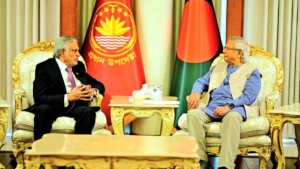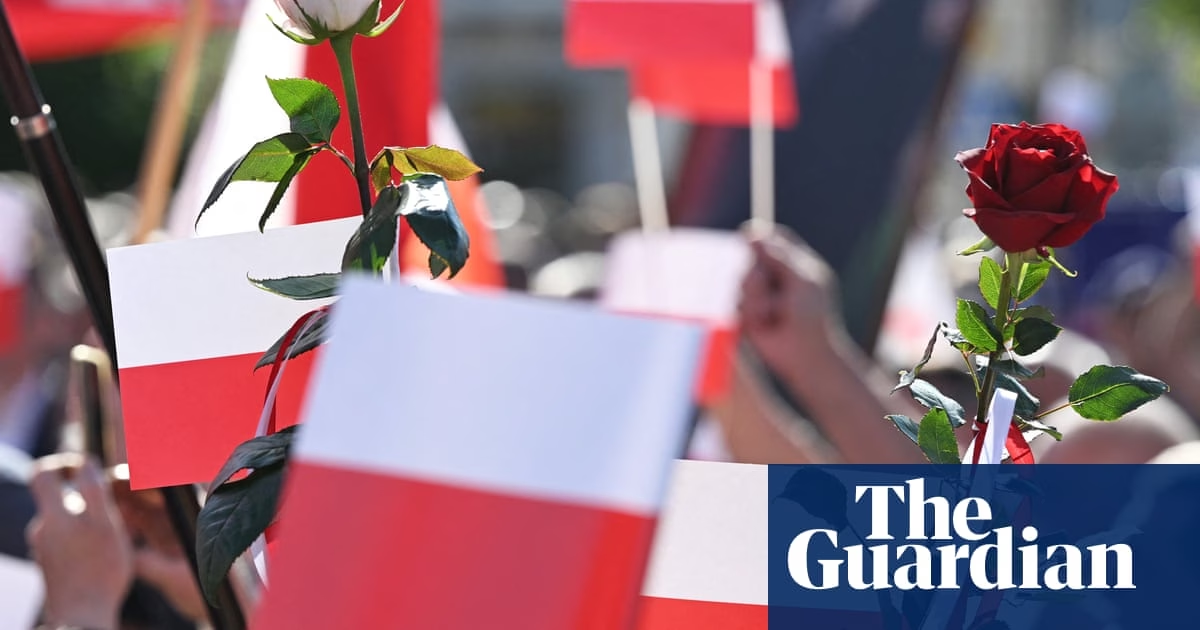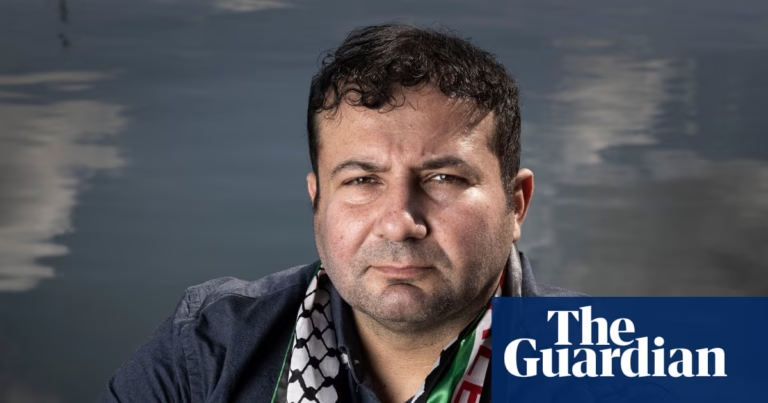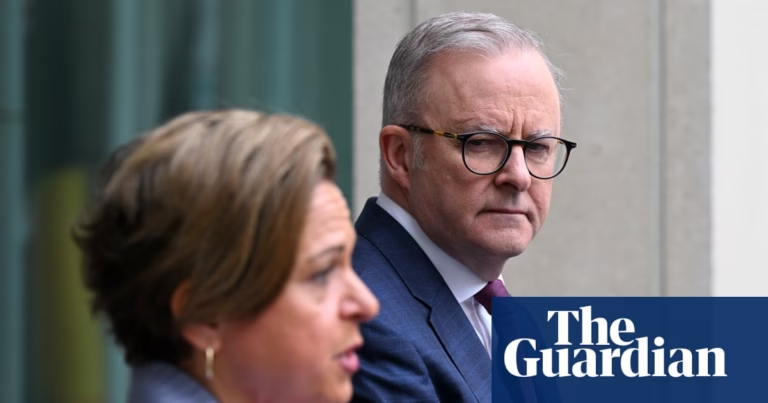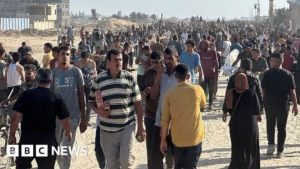Voting has commenced in Poland for the second round of the presidential election, featuring two candidates whose visions for the nation are in stark contrast, and the race is currently a dead tie.
Pitting the centrist Mayor of Warsaw, Rafał Trzaskowski, who enjoys the support of Donald Tusk’s coalition, against Karol Nawrocki, a historian and ex-amateur boxer, endorsed by the populist-right Law and Justice (PiS) party that previously governed from 2015 to 2023.
Though Poland’s presidency is a mostly ceremonial role, it does carry some weight in foreign and defense policy, especially in vetoing new legislation, which is currently not easy for the sitting government to overcome given their lack of a required majority in parliament.
On the line is whether Tusk’s government can proceed with its agenda on legal and social reforms, including issues like abortion and the rights of the LGBTQ community, after the challenging cohabitation with opposition president Andrzej Duda.
A victory for Nawrocki would extend the current stalemate, complicating the government’s ability to enact any significant reforms before the 2027 parliamentary elections.
According to Prof Aleks Szczerbiak, a scholar of east and central European politics at the University of Sussex, Tusk is aware of the stakes, and if Nawrocki wins, it would render Tusk’s administration ineffective for the next few years, potentially impacting the previous president, Duda, too.
In the final days of the campaign, both candidates aimed to win over the supporters of candidates who were eliminated in the first round, with analysts pointing out that less than 200,000 votes could settle the election’s outcome.
Polling has shown that the lead between the candidates is within the margin of error, indicating that this could be the most tightly contested election in Poland’s history since 1989.
Predicting the outcome is impossible due to the many variables at play, as even slight changes on the voting day could tip the balance, according to Ben Stanley, an associate professor at SWPS University in Warsaw.
The country entered electoral silence on Friday night, halting further campaigning and new polls, which has given voters nearly 24 hours to consider the intense and polarizing campaign. The polls will close at 9 PM local time (8 PM BST), with exit polls to follow, although the outcome is expected to be too close to be immediately known, and final results will likely be announced in the late hours of the night.
